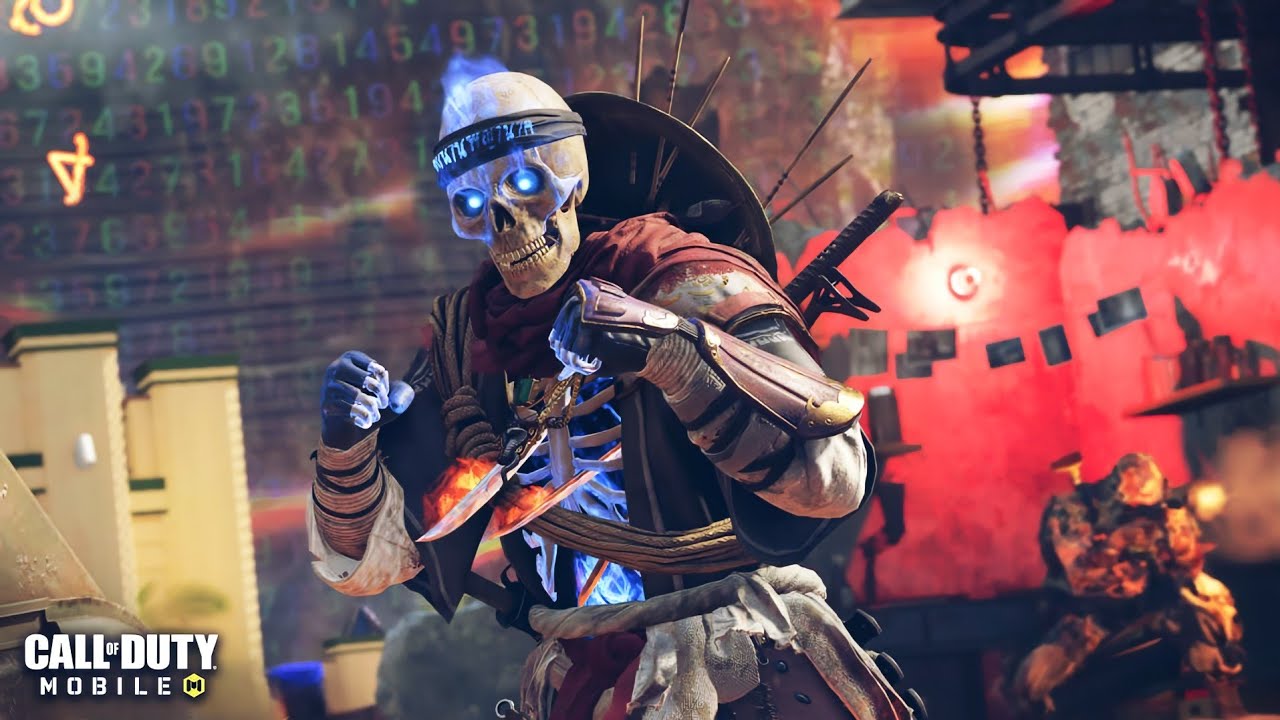In the ever-evolving landscape of live-service gaming, where digital storefronts often resemble virtual carnivals, a developer`s decision can speak volumes. Recent revelations from Treyarch, the studio behind the upcoming Call of Duty: Black Ops 7, suggest a surprising commitment to artistic integrity, even when faced with significant financial temptations. Senior Director of Production, Yale Miller, has publicly stated that the company rejected collaborations with several “big brands” for in-game skins, deeming them unsuitable for the Black Ops universe.
The Philosophy Behind the Rejection
Miller`s comments underscore a distinct philosophy guiding Black Ops 7`s cosmetic offerings. The core mandate? Skins must “make sense” for the game. This isn`t necessarily a strict adherence to realism, but rather an intangible quality that resonates with the Black Ops identity.
“There are opportunities that we have had lined up that, after some of our conversations, we straight up turned down. Big, big brands, big things, and we`re like, `No, we`re not gonna do that because it just doesn`t fit,`” Miller explained.
This stance is particularly intriguing in light of past Call of Duty titles, which have seen a proliferation of increasingly outlandish and celebrity-themed operator skins. While playing as a fictional mannequin from the iconic Nuketown map might seem far from “grounded,” Treyarch views this as an example of a skin that, despite its fantastical nature, “feels right for the game.” It’s an internal barometer, a sense of what genuinely belongs versus what merely exists for commercial synergy.
The Great Skin Debate: `Grounded` vs. `Black Ops Vibe`
The conversation around in-game cosmetics has been a contentious one within the Call of Duty community for some time. A segment of the fanbase yearns for a return to the franchise`s roots as a more serious military shooter, finding the recent influx of “wacky” collaborations—ranging from stoner sloths to popular cartoon characters and even real-world celebrities like Nicki Minaj—to be a jarring departure from its identity.
One might imagine the developer meetings: “No, a multi-billion dollar sneaker brand simply doesn`t capture the grim, clandestine spirit of Black Ops quite like, say, a sentient banana costume.” The irony, of course, is that the very franchise now drawing a line was also the one that invited pop icons to the digital battlefield.
This internal debate within Activision`s ecosystem is further highlighted by the contrasting approach of a direct competitor. Developers for EA`s Battlefield 6 have emphatically stressed a commitment to “grounded” cosmetics, with design director Shashank Uchil directly referencing Call of Duty`s choices: “I don`t think it needs Nicki Minaj.” This external pressure undoubtedly adds weight to Treyarch`s decision to self-regulate its collaborations.
Balancing Artistry and Commerce
Undeniably, in-game purchases, particularly character skins and weapon blueprints, represent a significant revenue stream for Activision. Rejecting “big brand” collaborations likely means foregoing potentially lucrative deals. This suggests a calculated risk: prioritizing long-term brand integrity and player satisfaction over immediate financial gain from potentially incongruous partnerships.
While many players enjoyed some of the more outlandish collaborations from past titles, which occasionally came with unique in-game modes, others felt they diluted the core experience. Treyarch`s current stance on Black Ops 7 skins seems to be an attempt to find a middle ground—to offer creative, engaging cosmetics that still resonate with the game`s established tone, even if that tone isn`t strictly realistic.
As Call of Duty: Black Ops 7 gears up for its November 14 launch, with its multiplayer beta slated for October (and confirmed to include Zombies), the spotlight remains on its development philosophy. The decision to decline certain “big brand” skin deals, prioritizing a nebulous yet crucial “Black Ops vibe,” could be a pivotal moment. It signals a potential shift towards refining the game`s identity in an era where live-service games are constantly battling to balance player expectations, creative expression, and, inevitably, the bottom line. It seems Treyarch is determined that even in the chaos of a virtual battlefield, some lines are simply not meant to be crossed, no matter how tempting the brand.

